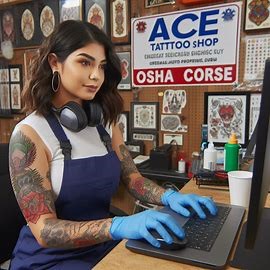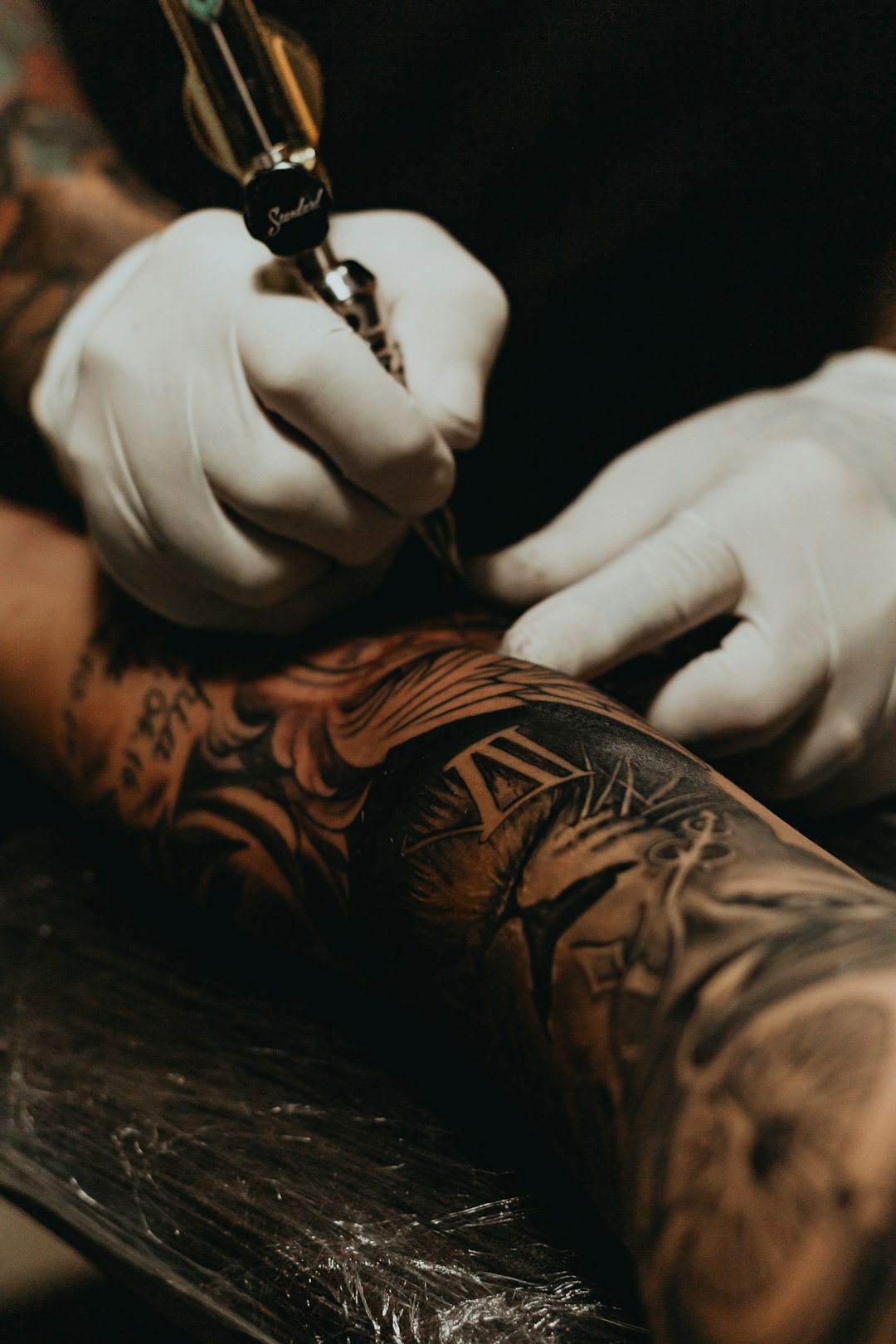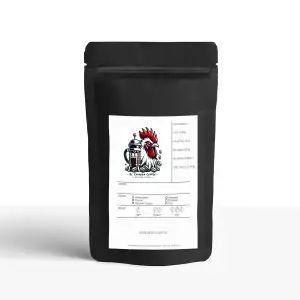
Bloodborne Pathogens Safety Tips Every Piercing Studio Should Follow
In the piercing industry, precision and creativity are essential—but safety is non-negotiable. Every piercing studio has a responsibility to protect clients and staff from the risks associated with bloodborne pathogens (BBPs). These invisible threats can lead to serious health consequences if proper precautions aren’t taken. Fortunately, with the right training and protocols, you can create a safe, compliant, and professional environment that builds trust and keeps your studio thriving.
Here’s a breakdown of the most important bloodborne pathogens safety tips every piercing studio should follow—and how to get certified quickly and affordably.
Why Bloodborne Pathogens Safety Matters
Bloodborne pathogens are infectious microorganisms found in human blood and other bodily fluids. The most common and dangerous ones in the body art industry include:
- Hepatitis B (HBV)
- Hepatitis C (HCV)
- Human Immunodeficiency Virus (HIV)
These viruses can be transmitted through contaminated needles, tools, or even minor skin abrasions. Because piercing involves puncturing the skin, the risk of exposure is real—and potentially life-threatening.
That’s why the Occupational Safety and Health Administration (OSHA) requires BBP training for anyone with occupational exposure to blood or other potentially infectious materials (OPIM).
Top Safety Tips for Piercing Studios
1. Complete OSHA-Compliant BBP Training
Before anything else, ensure that all staff members complete bloodborne pathogens training. This is not only a legal requirement—it’s the foundation of a safe studio. At ACEBloodbornePathogensTraining.com, you can get certified online for just $10, and with coupon code ace20, you’ll save 20%, bringing your total to only $8.
2. Use Personal Protective Equipment (PPE)
Always wear gloves, face masks, and protective eyewear when performing piercings or cleaning tools. PPE acts as a barrier between you and potentially infectious materials.
3. Sterilize Tools and Equipment Properly
Use an autoclave to sterilize reusable tools. Never reuse needles or jewelry that hasn’t been properly disinfected. Single-use items should be disposed of immediately after use.
4. Maintain a Clean Work Environment
Disinfect all surfaces between clients, including chairs, trays, and counters. Use EPA-registered disinfectants and follow the manufacturer’s instructions for contact time and dilution.
5. Practice Proper Hand Hygiene
Wash your hands thoroughly before and after every procedure—even when wearing gloves. Use soap and warm water or an alcohol-based hand sanitizer if soap isn’t available.
6. Handle Sharps with Care
Dispose of needles and other sharps in clearly labeled, puncture-resistant containers. Never recap needles or leave them unattended.
7. Create and Follow an Exposure Control Plan
OSHA requires studios to maintain a written plan outlining how they prevent and respond to BBP exposure. This includes procedures for cleaning spills, reporting incidents, and providing medical evaluations if exposure occurs.
8. Educate Clients on Aftercare
Client safety doesn’t end when they leave your studio. Provide clear aftercare instructions to help prevent infections and complications.
Why Choose ACE for BBP Certification?
At ACE, we understand the unique needs of piercing professionals. Our course is:
- 100% online and self-paced
- Tailored for the body art industry
- Mobile-friendly—complete it from your phone, tablet, or computer
- Instant certificate—download and print as soon as you finish
- Valid nationwide and OSHA-compliant
Most students complete the course in under an hour, and there are no quizzes or tests—just practical, real-world knowledge you can apply immediately.
Final Thoughts
Bloodborne pathogens safety isn’t just about passing inspections—it’s about protecting your clients, your team, and your reputation. By following these tips and completing your BBP certification, you’re showing the world that your studio is clean, compliant, and committed to excellence.
Ready to get certified?
Visit ACEBloodbornePathogensTraining.com, enroll in the course, and use coupon code ace20 at checkout to save 20%.
Setting the Bar High for Infection Control
At the heart of bloodborne pathogen training lies a strong emphasis on infection control, a critical component in maintaining exemplary cleanliness standards within tattoo studios. The training covers vital topics such as hand hygiene, meticulous tool sterilization, and the safe disposal of materials, all of which ensure optimal hygiene throughout the tattooing process. These rigorous practices significantly enhance client satisfaction by fostering an environment of trust and safety. Additionally, adhering to high infection control standards bolsters the artist’s reputation, further contributing to their success and standing within the competitive tattoo industry. By continuously setting the bar high for infection control, artists reaffirm their commitment to quality and client well-being, positioning themselves as leaders in the field.

Ready to get started? Visit ACE Bloodborne Pathogen Training or ACE Training Platforms today and take the next step in your career!
Igniting Creativity – Inspiration Sources for Tattoo Artists
The Vital Importance of OSHA Bloodborne Pathogens Training for Tattoo Artists
Texas Bloodborne Pathogens Training
Tennessee Bloodborne Pathogens Training
California Bloodborne Pathogens Training
Ohio Bloodborne Pathogens Training
Pennsylvania Bloodborne Pathogens Training
New York Bloodborne Pathogens Training
Illinois Bloodborne Pathogens Training
Click here to learn more
ACE Training PlatformsACE Continuing Education CreditsACE Food HandlerACE Home Mortgage


